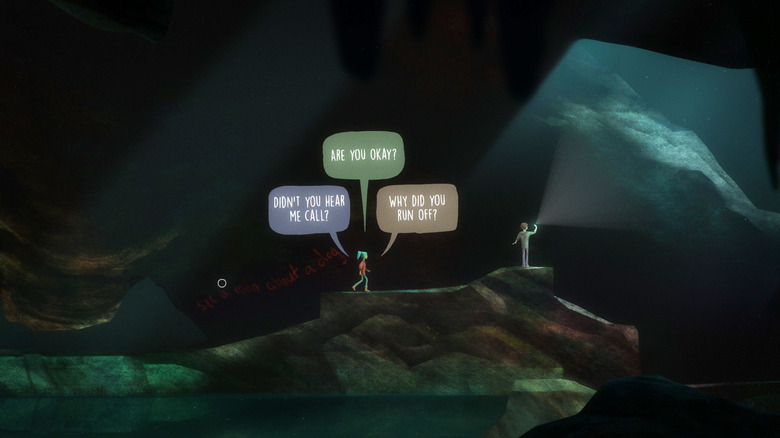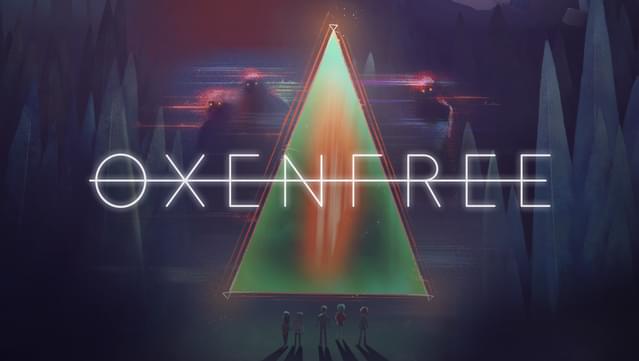
“To the Moon,” an adventure game about a dying man who wishes to be implanted with artificial memories, was built on the same engine as a number of RPGs, but offers a different kind of experience - one that may feel like a limitation to a gamer who has a different set of expectations for that kind of in-game environment.īut the evolution of art often happens under the pressure of limitation. “Gone Home ,” an award-winning point-and-click game that puts you in the shoes of a college student returning home from break only to find her family missing, resembles an Escape Room without the pressure to escape. As Jake Elliott - one of the three creators of “Kentucky Route Zero,” another game that has endured the walking sim designation - keenly points out, “people buy into the term in order to talk about what is missing.” In “Assassin’s Creed,” a wildly popular role-playing game (RPG), “tourism mode” is the “walking sim” version. The insult is in categorizing a genre by its limitation, rather than its capability: in walking sims, according to critics, all you do is walk. Pretty much all games are basically walking sims, right? You literally walk from place to place and then do a thing. While all genre classification is, in some way, reductive, “walking sim” is reductive in a profoundly annoying way. It was an early example of a digital experience that most closely resembles what we might consider a modern day “walking simulator.” And the term “walking sim” began appearing on forums, as an insult, in the late 2000s. Exploration - a sub-genre of adventure - traces back to the 1980s, and in 2003, Mary Flanagan created “,” an interactive experience that repurposes early first-person-shooter environments to reconstruct a childhood memory of a fire. The Guardian referred to walking sims as a “new sub-genre of games,” but they aren’t, on a very mechanical level, completely new. The examples that follow all have one thing in common: at least one source derogatorily labeled them as a walking sim.

A few are known for being quite beautiful - a fact that has made entries like “Firewatch,” a game where you play as a park ranger, more susceptible to backlash. Most of these games prioritize some kind of storytelling, be it linear or variable depending on your in-game decision making.

You cannot fail a task in a way that forces you to repeat it, and you cannot die. Most lack puzzles or any sort of barrier to experiencing the narrative, with the exception of finding objects. And while walking simulators may vary wildly in execution, they tend to have a few key similarities. Walking simulators aren’t the first games to buck these militaristic conventions, but their mechanics vary furthest from the video game’s original design.

Many of the design aspects of video games today still borrow from war games: the use of a “heads up display,” the onslaught of enemy targets, the vast predilection for violence, and even the staggering amount of money the Pentagon spends financing the video gaming world - so much so, in fact, that the Pentagon considers video games one of their key recruitment tools. The first video games were war games, commissioned and designed by the Department of Defense for the explicit purpose of simulating war with the Soviet Union. Video games, like so much of the technology we now use regularly, sprang from the military-industrial complex.

To explain why “walking simulators” - the concept, and their proliferation - made so many people so angry, it’s best to first explain the history of the modern-day gaming complex. In 2016 - just after the horrific “ Gamergate” faux-controversy, a coordinated attack on female game critics, thinly veiled as an “examination into video game journalism ethics” - gamer culture homed in on a new target: an entire genre of games that they referred to, pejoratively, as “walking simulators.” But in the notoriously clannish world of video gaming, having strong opinions over the industry’s cultural mores (and having male anatomy) is the bar to entry for “gamer culture” - a phrase that encapsulates the notion that video game players across the world have their own linked culture and set of values. The idea that someone could feel entitlement over someone else's video game might sound slightly absurd.


 0 kommentar(er)
0 kommentar(er)
